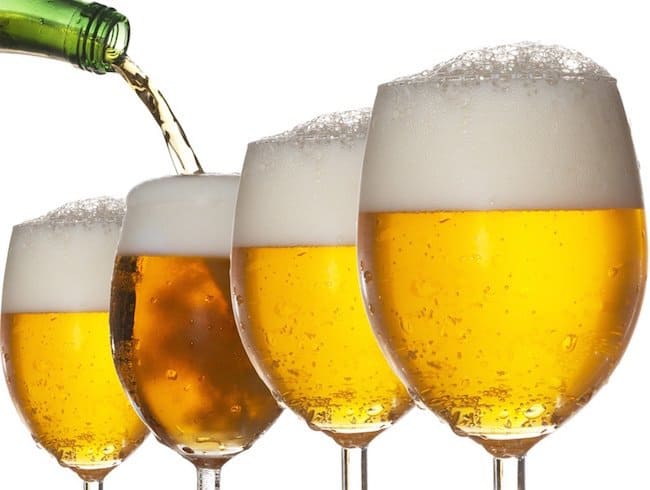
The unfortunate answer to this question is that, yes, it certainly can. Although there are obviously many factors that can contribute to weight gain, for example lack of physical activity and poor diet, drinking beer can definitely play a part in the process if consumed to excess.
The well-known ‘beer belly’ is proof of what a little too much beer can do.
Studies have shown that a moderate amount of alcohol can be beneficial for our health, but unfortunately it is also concentrated source of calories and beer is no exception.
Beer contains not only the calories from alcohol, but also from carbohydrates, meaning it is high in calories and contains very little nutritional benefit.
Depending on the type, a 12oz serve of beer, which equates to one standard drink, can contain around 150 calories, although many contain more than this.
These extra calories quickly add up when you think about the amount of beers you may consume at a social event or even the couple you knock back to relax after work every night. Not only this, but drinking beer and other alcoholic drinks tend to lower your will power when it comes to the food you eat as well.
Whilst drinking you are more likely to reach for unhealthy foods and more than you would normally eat, meaning even more excess calories consumed. If not burnt off with exercise, these calories can quickly lead to weight gain.
Not only does beer contain calories, but the effect that alcohol has on your metabolism can also result in weight gain. When alcohol enters the body, this is used primarily as a fuel source as the body has no way of storing it.
This means that any other foods you eat will pretty much go straight to storage, which can lead to increased body fat.
Are all beers equal in terms of calories?
Not all beers are created equal when it comes to energy content, so there are some options that are a better choice. Generally beers that are low or no alcohol have less calories as they do not contain the calories from alcohol.
Similarly, those with a high alcohol percentage ten to be higher in calories. Low carb beers also tend to be lighter on the calories.
When in doubt, go for the light option, for example, a regular 12oz bottle of Heineken contains 166 calories, whilst the light alternative contains just 99. This may not seem to be a huge difference, but can really add up if you are drinking a few.
Also, be aware of the size of the beer when comparing calorie content so as to be sure you are comparing like with like.
What about other alcoholic beverages?
There are other choices when it comes to alcoholic beverages that pack less of a calorie punch than beer and therefore make a better choice to avoid unwanted weight gain.
Wine tends to be lower in calories, as do spirits, although it is essential to choose a low calorie mixer to go with these or the calorie content can be greatly increased.
Cocktails are generally the worst option, particularly those based on cream or chocolaty liqueurs. See also Low Calorie Alcoholic drinks for more ideas.
All alcoholic beverages are capable of causing weight gain if drunk in excess and accompanied by other factors such as a poor diet and lack of exercise.
While the odd drink is unlikely to do too much damage, beware of binge drinking or even drinking every night and the consequences this may have on your weight.
How to lower your calorie intake when drinking
- In order to lower the calories consumed in your drinks, try diluting with a calorie free soda or sparkling water. This can work with beer to make a refreshing shandy, or with spirits to make a less potent and calorie laden cocktail alternative.
- Choose light and lower alcohol beers where possible
- Choose wine as a lower calorie alternative
- Have one low calorie non-alcoholic beverage between alcoholic ones to stay hydrated and drink less.
- Eat a healthy meal before you start drinking where possible, so that you are less likely to snack on high calorie foods as you drink
- Stand away from food and drink tables to avoid reaching for potato chips or another beer too frequently.
A couple of drinks now and again can be perfectly acceptable in a healthy diet, however, to avoid unwanted weight gain over time, try to limit beer to an occasional drink and do not drink to excess.
By making sure you have a healthy diet and do plenty of exercise the majority of the time, an occasional beer after work is unlikely to do much damage to your figure, but don’t let this treat grow to a habit, or the results may start to show.
References used in this article
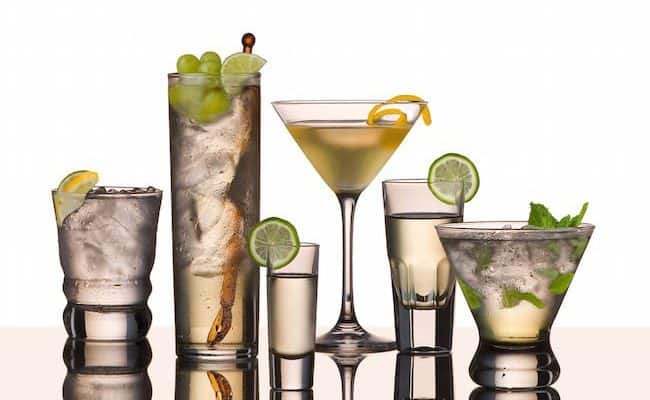
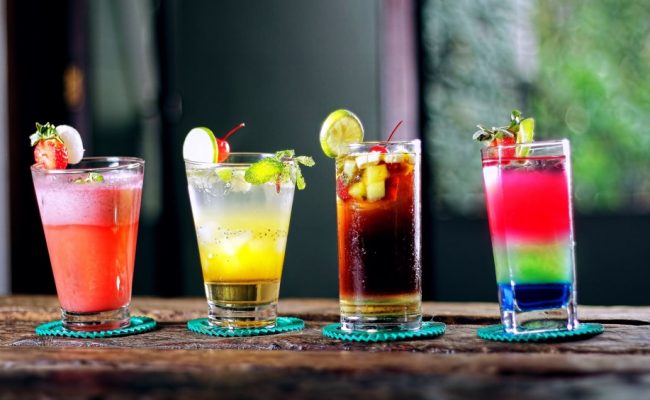
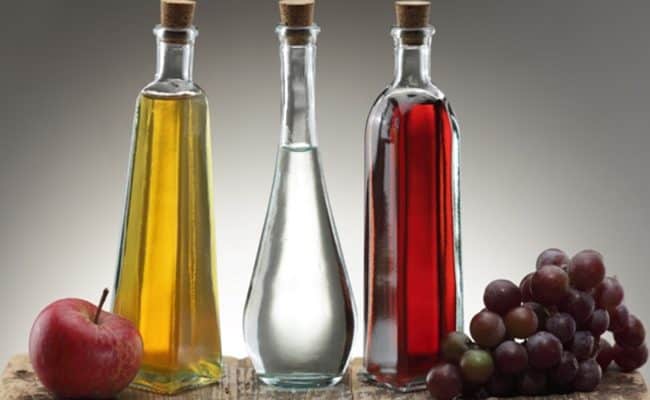
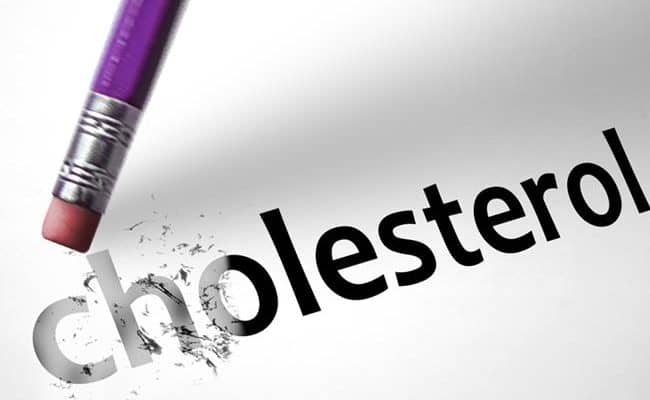
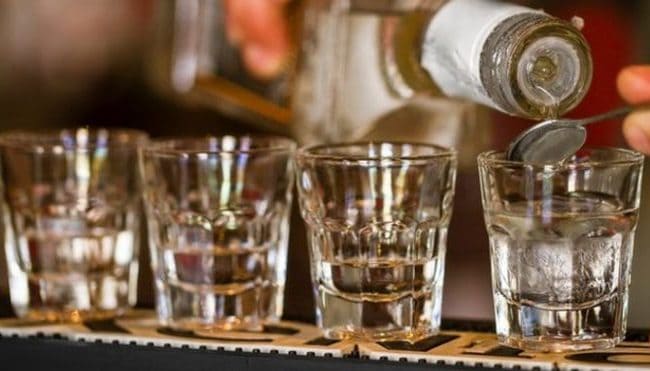
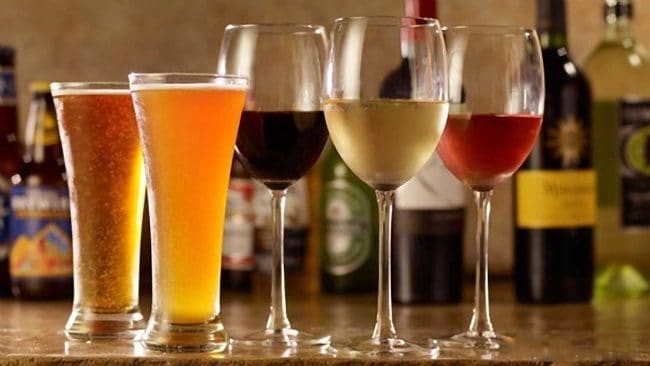
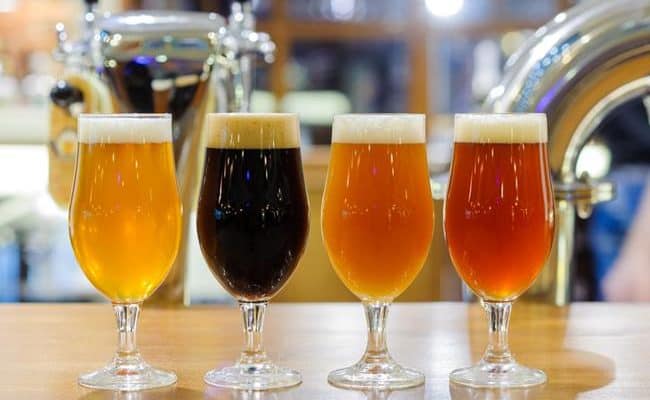
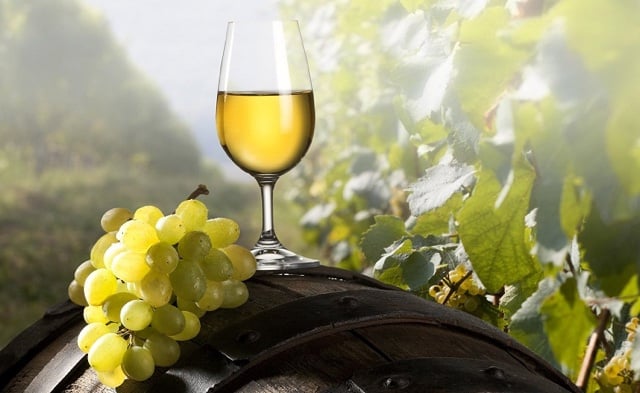
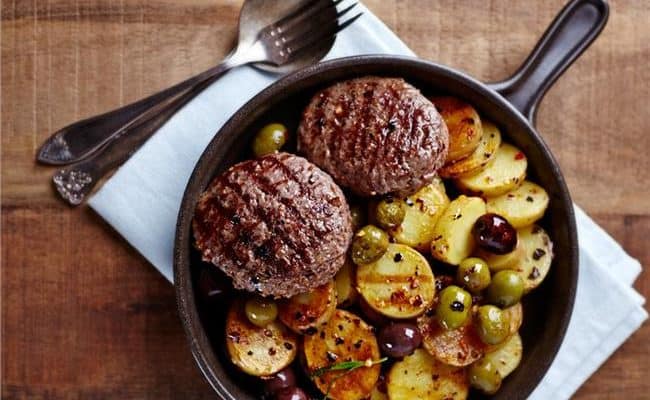


Chris says
I’m curious as to whether there are any links to beer preventing weight loss, even if it’s just a temporary effect, to where an individual can burn maybe 4500-5500 calories per day and take in only 2,000 total for the day (including a few light beers) but still see a “gain” on the scale a day or two later. I know I’ve experienced this before but am unsure as to whether it’s just coincidental or if beer of any kind holds contents that prevent the body from burning calories properly.
Deep says
I started to drink beer in night before it i eat 2 boil eggs. After an hour i have dinner. Later eat banana before going to sleep. Will it be helpful to gain weight. Please give ur valuable suggestions.